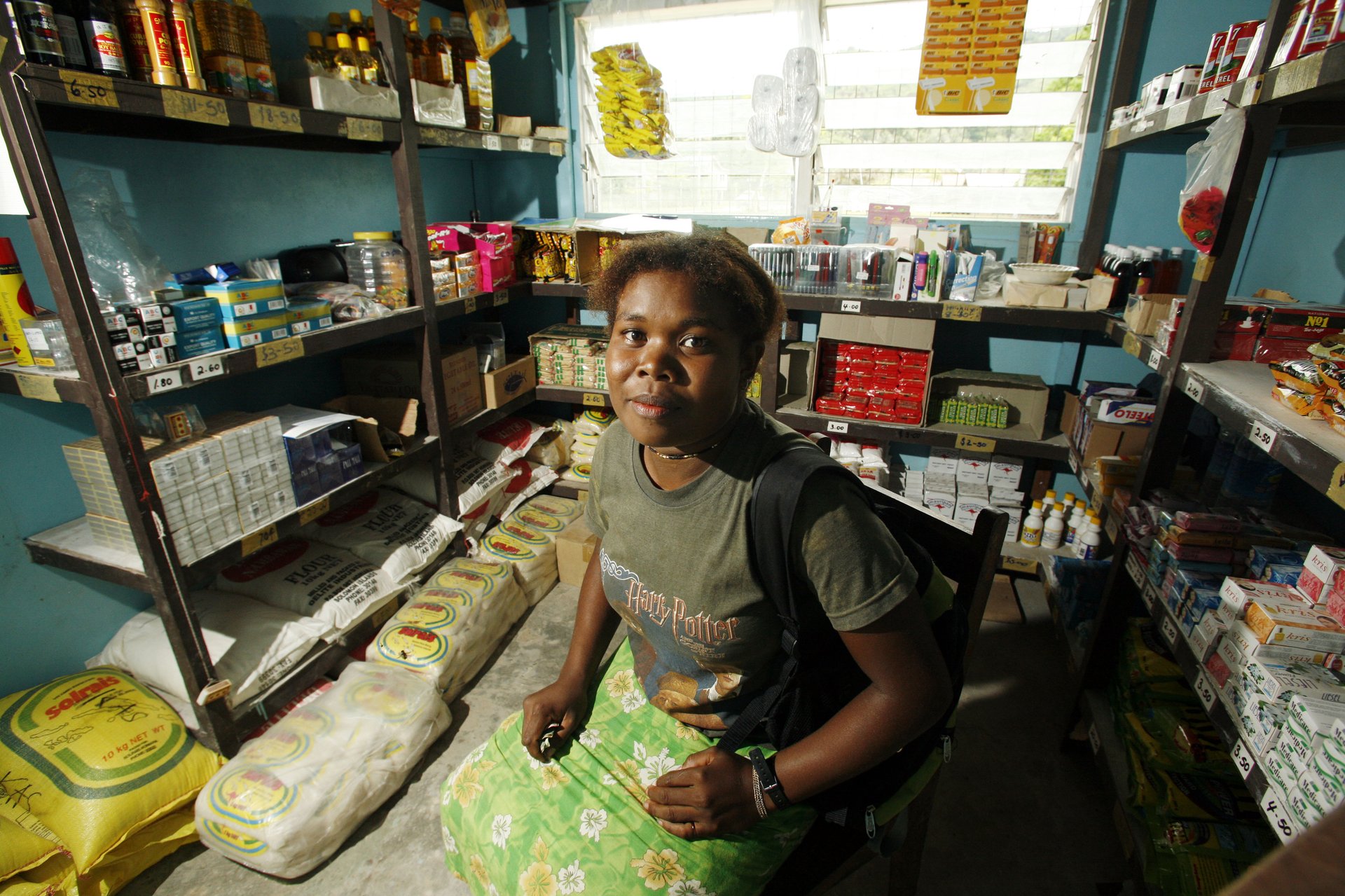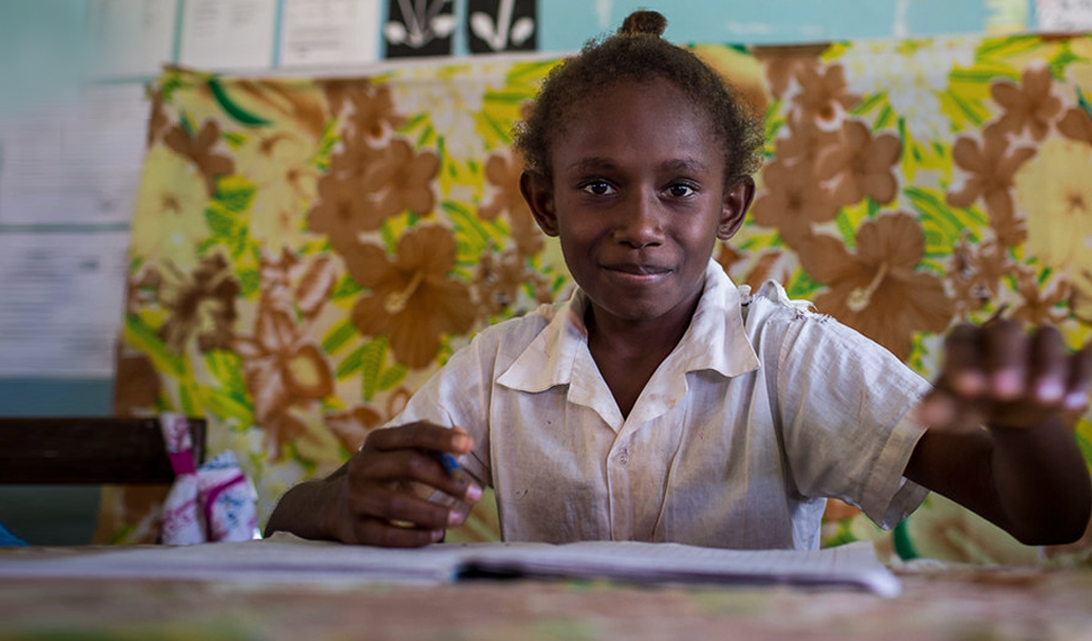WHAT WE DO
About P4SP
P4SP is an eight-year (2021-2029) Australian Government program that works with governments, civil society organisations and development partners in the Pacific to strengthen national social protection systems and enhance understanding of social protection.
By doing this, P4SP supports community and economic wellbeing, and helps build resilience to disasters and shocks such as cyclones, earthquakes and the COVID-19 pandemic.
P4SP provides tailored support to strengthen national social protection systems through:
- short- or long-term advisors who work alongside partner governments to build and strengthen inclusive and sustainable social protection systems
- specialist on-call technical assistance from our network of over 70 global experts spanning:
- social protection policy (including integration with disability, ageing populations, children, social services, health and nutrition, livelihoods and labour markets, climate change and humanitarian responses)
- financing and fiscal management for social protection
- governance and strengthening institutional capacity
- social protection operations (including Management Information Systems, financial inclusion and payments)
- economic analysis, modelling and undertaking simulations
- ensuring gender equality, disability and social inclusion are considered and promoted in social protection policies and programs
- the role of social protection in relation to climate change
- monitoring and evaluation of social protection programs and policies.
- research and analysis to help improve understanding of social protection in the region
- training, learning and networking opportunities, in-country and across the region
- partnerships, advocacy and policy dialogue with partner governments, civil society organisations and other development partners
- supporting the piloting of new initiatives and helping procure and implement solutions to improve the delivery of social protection programs.
What is social protection?
Social protection systems seek to address risk, vulnerability, inequality and poverty through a system of transfers to people in cash, or 'in kind' for example in the form of food assistance. Programs aim to reach people during vulnerable times in their lives, such as during early childhood or old age, provide support for people with disabilities or who have lost work, or focus on poor families. They can also reach people who need help during times of economic crisis and in the wake of disasters.
Social protection systems enable growth, and contribute to equality and stability. Social protection investments build human capital and increase labour participation, while helping individuals, families and communities manage the impacts of life shocks and minimise loss to productivity. In these ways, social protection programs can drive demand and economic activity, foster social cohesion, reduce inequality and promote economic growth. Strong social protection systems are also shock-responsive and can support faster and better humanitarian responses to disasters.
Why strengthen social protection systems in the Pacific?
Hardship and inequality are widespread in Pacific island countries (PICs), with migration, urbanisation, disasters and climate change compounding these issues. Before COVID-19, two-thirds of eligible people in the Pacific were not covered by any form of social protection.
In recent years, responding to disasters and the economic shock caused by COVID-19, many Pacific countries have established or adapted national social protection schemes to provide cash and other forms of assistance to reach people who need assistance. These complement the strong community, church and family networks that traditionally support people in times of need.
As the region looks towards economic recovery, prepared for future disasters and pursues sustainable development, P4SP will support partner governments to design and strengthen national safety nets that can help people through hardship, vulnerability and crisis and build resilience to future shocks. Strengthened national social protection systems offer important benefits that can complement traditional Pacific safety nets by:
- protecting vulnerable groups from the worst impacts of poverty and hardship, by meeting household income and consumption needs
- directly reaching the most vulnerable groups, including women and girls, the elderly and, people with disabilities, and enhancing women's empowerment and social inclusion
- supporting human development by helping families, maintain nutrition, and access health and education services and livelihood opportunities, which in turn contribute to productivity, economic growth and prosperity
- promoting stability and resilience by building systems that generate trust in state institutions, strengthen state legitimacy and improve social cohesion
- enhancing Pacific countries' resilience to future shocks, which is important in a region facing increased frequency of disasters and vulnerability to climate change.




